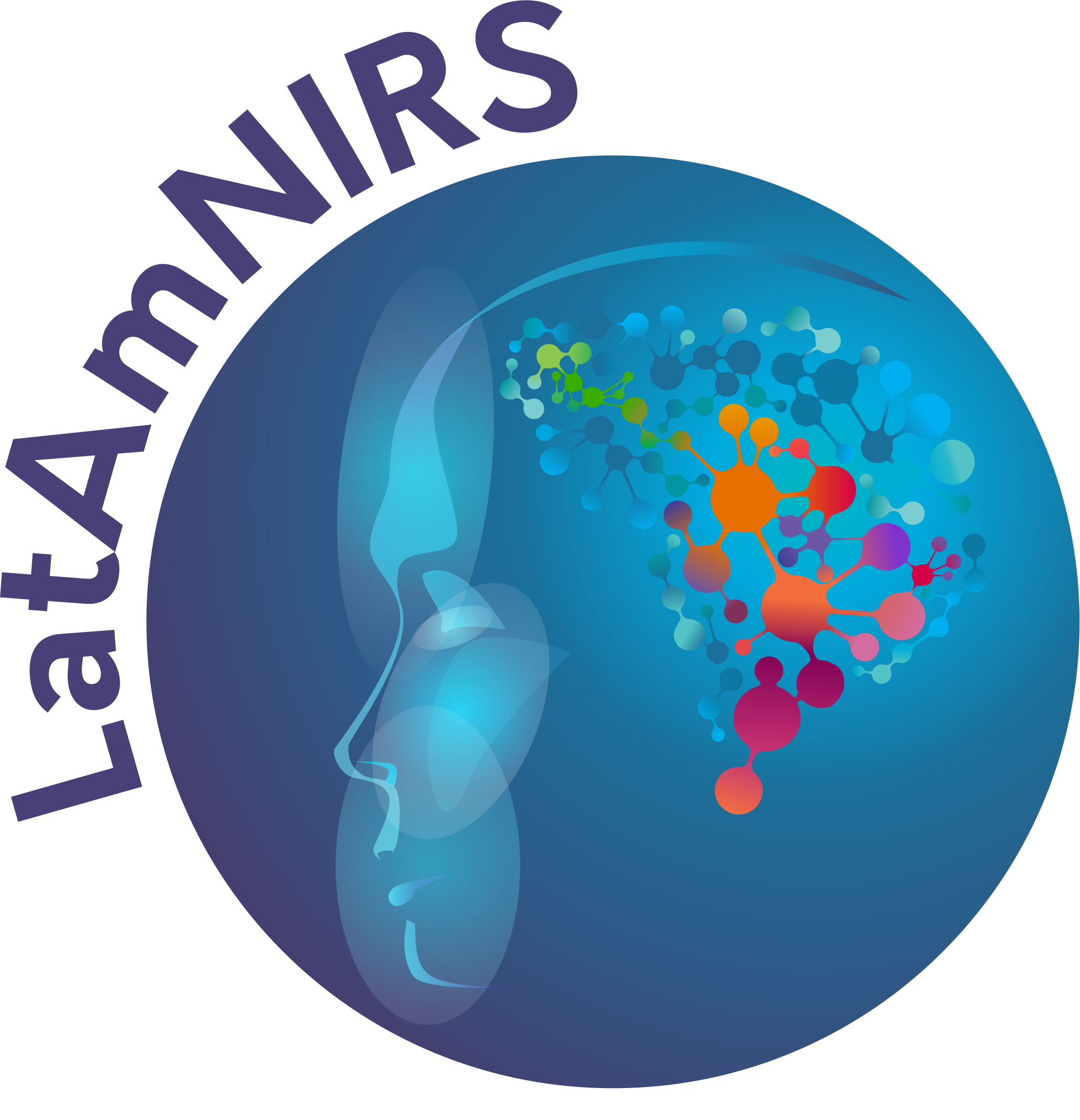Functional Near Infrared Spectroscopy
Definition: Functional near-infrared spectroscopy (fNIRS) is a non-invasive diffuse optical technique that quantifies changes in measured signals from a single or several source-detector pairs over short periods of time (ranging from seconds to hours) in order to detect functional brain activation.Typically, it is assumed that the changes in light intensity during this temporal range reflect changes in absorption only (i.e., scattering is constant during this period). The changes in absorption can then be related to changes in chromophore concentration such as oxy- and deoxy-hemoglobin, water, and cytochrome c oxidase. fNIRS is performed with continuous-wave spectroscopy devices, as well as frequency-domain and time-domain spectroscopy techniques. In the case of frequency-domain and time-domain systems, it is possible to obtain absolute parameters of optical properties and therefore absolute concentration changes, but this is less commonly performed.
fNIRS measurements with multiple measurement channels may use image reconstruction methods, which when done for 2D (topographic) or 3D (tomographic) images falls into the domain of diffuse optical imaging.
Alternative definition:
Synonym:
References: https://doi.org/10.1016/j.neuroimage.2012.03.049
https://doi.org/10.1016/j.neuroimage.2013.11.033
Related terms: Light absorption, light source, light detectors, continuous wave spectroscopy, infrared spectroscopy
